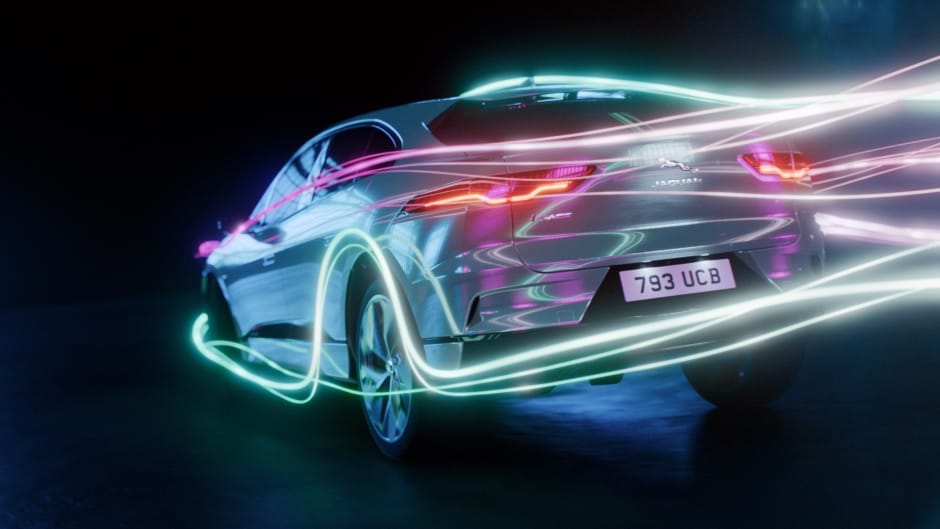
The first new electric car to be produced at the plant will be Jaguar’s XJ luxury saloon, which has so far been exported to over 120 countries. The news was confirmed to staff at Castle Bromwich as production of the current XJ ceased.
“The future of mobility is electric and, as a visionary British company, we are committed to making our next generation of zero-emission vehicles in the UK,” said Prof. Dr Ralf Speth, CEO of JLR.
As well as safeguarding thousands of jobs, the move is the next stage in the delivery of the company’s electrification strategy which in January saw confirmation of plans to bring battery and Electric Drive Unit (EDU) assembly to the Midlands.
Set to be operational in 2020, the new Battery Assembly Centre at Hams Hall will have an installed capacity of 150,000 units. Together with the Wolverhampton Engine Manufacturing Centre (EMC), home of Jaguar Land Rover’s global EDU production, these facilities will power the next generation of Jaguar and Land Rover models.
Later this month, work will start on the installation of all-new facilities and technologies required to support Jaguar Land Rover’s next-generation Modular Longitudinal Architecture (MLA), which the company said will enable ‘flexible production of clean efficient diesel and petrol vehicles alongside full electric and hybrid models.’
"The future of mobility is electric," Prof. Dr Ralf Speth, CEO, JLR
Jaguar Land Rover used today’s announcement to calls on government and industry to work together to bring giga-scale battery production to the UK and build on the UK Battery Industrialisation Centre and the government’s Faraday Challenge.
“Convenience and affordability are the two key enablers to drive the uptake of electric vehicles to the levels that we all need. Charging should be as easy as re-fuelling a conventional vehicle. Affordability will only be achieved if we make batteries here in the UK, close to vehicle production, to avoid the cost and safety risk of importing from abroad. The UK has the raw materials, scientific research in our universities and an existing supplier base to put the UK at the leading edge of mobility and job creation,” Speth said in a statement.
Commenting on Jaguar Land Rover’s announcement, Stuart Apperley, director and head of UK automotive at Lloyds Bank Commercial Banking, said: “The planned investment by JLR is welcome good news and a timely reminder that, amid the current uncertainty, investment decisions like this are about keeping an eye on the longer-term picture.
“JLR is acutely aware of – and somewhat unavoidably exposed to – the headwinds arising from the UK’s impending departure from the EU. Yet it is taking the view that the advantages of building the new electric XJ in the West Midlands, from the existing technology and skills to the strength of the supply chain, outweigh the risks of manufacturing in a market expected to soon be outside the bloc.
“For the sector as a whole this is also an important announcement. While Britain remains one of the best places in the world to make cars, there have been concerns about falling behind others in leading the charge in the development of electric vehicles – principally the US, Japan and Germany. Everyone in the industry will hope JLR’s move prompts others to follow suit in demonstrating their commitment to the UK.”




Glasgow trial explores AR cues for autonomous road safety
They've ploughed into a few vulnerable road users in the past. Making that less likely will make it spectacularly easy to stop the traffic for...